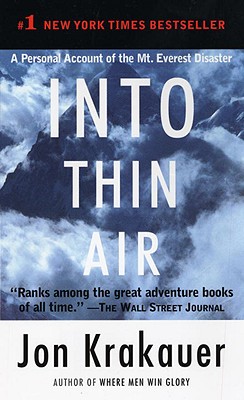Last week, Citigroup admitted that hackers exposed the private financial data of more than 360,000 customer accounts. Meanwhile, in an unrelated attack, Lulz Security managed to bring down the CIA website, and this week they’ve declared war on government agencies around the world.
Now might be a good time to beef up on your knowledge of malware, cybercrime, and cyberwarfare, starting with Stuxnet, a computer virus that was launched against Iranian nuclear infrastructures in 2010 (most likely by the U.S.). For a quick primer on Stuxnet, check out Anatomy of a Computer Virus. It’s only three and a half minutes long, but you’ll learn enough to decide whether or not to set your laptop on fire, sell everything you own, and run screaming for the Yukon.
For a more detailed exploration of the virus, watch Cracking Stuxnet, A 21st-Century Cyber Weapon, a TED talk by cyber-security expert Ralph Langner. Disclaimer: It won’t necessarily put you at ease — the presenter closes by thanking Mr. Langner for “scaring the living daylights out of us.”
Via PopTech and Hungry Beast
Sheerly Avni is a San Francisco-based arts and culture writer. Her work has appeared in Salon, LA Weekly, Mother Jones, and many other publications. You can follow her on twitter at @sheerly.



